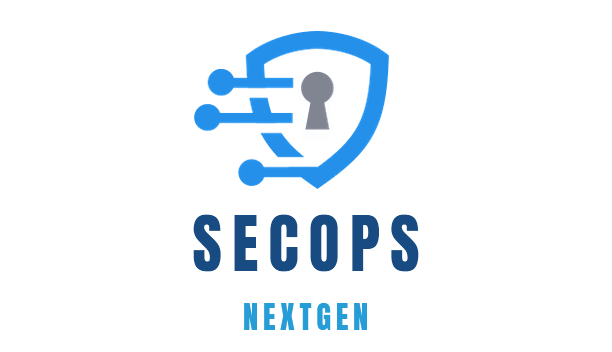In an era characterized by the rapid development of technology, the intersection of artificial intelligence (AI) and human cognitive processes presents intriguing possibilities and ethical concerns. As we delve deeper into the capabilities of AI, understanding its relationship with the human mind becomes essential not only for leveraging its potential but also for addressing the challenges it poses.
Understanding AI: A Brief Overview
Artificial intelligence refers to the simulation of human intelligence processes by machines, especially computer systems. These processes include learning (the acquisition of information and rules for using it), reasoning (using rules to reach approximate or definite conclusions), and self-correction. AI systems can analyze vast amounts of data, recognize patterns, and make decisions, sometimes surpassing human capabilities in specific tasks.
From virtual assistants like Siri and Alexa to advanced algorithms in predictive analytics, AI technology permeates our daily lives, transforming industries such as healthcare, finance, and transportation. Yet, as we integrate AI into our world, we must also consider how it intersects with human cognition.
Cognition: The Foundation of the Human Mind
Human cognition encompasses a range of processes including perception, memory, attention, and reasoning. The complexities of the human mind have been subjects of study for centuries, with advances in cognitive psychology, neuroscience, and philosophy providing deeper insights into how we think, learn, and understand our world. Unlike machines, human cognition is deeply influenced by emotions, social interactions, and cultural contexts.
One notable distinction is creativity, which remains a challenging domain for AI. While AI can generate art or music through algorithms and data input, it does so without the emotional nuances that characterize human creativity. This brings us to a critical question: can AI ever truly replicate the intricacies of the human mind, or will it always be a mimetic reflection?
Bridging the Gap: Enhancing Human Cognition with AI
Rather than viewing AI as a replacement for human intelligence, a more constructive approach is to see it as a complementary tool. AI has shown promise in enhancing various cognitive abilities, making it possible to accelerate problem-solving and decision-making processes. For instance, in healthcare, AI algorithms can analyze medical data at a scale and speed unmatched by human clinicians, enabling early diagnosis and personalized treatment plans.
Moreover, AI can serve as a cognitive prosthetic, augmenting human capabilities in education and professional environments. Intelligent tutoring systems adapt to individual learning styles, providing personalized educational experiences that help learners grasp complex concepts. As AI continues to evolve, the potential for collaborative intelligence—where humans and machines work together—becomes increasingly plausible.
Ethical Considerations: Navigating the Challenges
While the fusion of AI and human cognition offers remarkable benefits, it also raises significant ethical and philosophical questions. Issues such as data privacy, algorithmic bias, and the potential for job displacement must be addressed as we forge ahead. The use of AI in decision-making processes, particularly in areas like criminal justice and hiring, necessitates rigorous scrutiny to ensure that these systems do not reinforce existing societal biases.
Additionally, there is the risk of over-reliance on AI systems, which may lead to a degradation of essential cognitive skills. As AI takes over routine tasks, humans may become less adept at critical thinking and problem-solving. Striking a balance between utilizing AI to enhance cognition and maintaining our innate mental faculties is crucial.
The Future: A Collaborative Synergy
As we look to the future, the promise of AI will be best realized through a collaborative approach that respects and enhances human intelligence. By fostering an environment where AI and human cognition coexist, we can unlock new potentials for creativity, innovation, and problem-solving.
In this collaborative landscape, educational institutions, policymakers, and technologists must work together to create frameworks that ensure AI is developed and implemented ethically. As we embrace this new frontier, it becomes vital to remember that while AI can mimic certain aspects of the human mind, the qualities that define us—empathy, ethics, creativity—remain at the core of our humanity.
Conclusion
Artificial intelligence and the human mind occupy a space ripe for exploration and collaboration. By bridging the gap between these two realms, we herald a future where technology enhances our cognitive abilities and addresses our challenges, all while us striving to maintain the values and intricacies that define what it means to be human. As we navigate this evolving relationship, the potential for a better, more intelligent society lies ahead, one where AI serves as a powerful ally in our ongoing quest for knowledge, understanding, and progress.





Deixe o seu comentário